By Bunmi Yekini
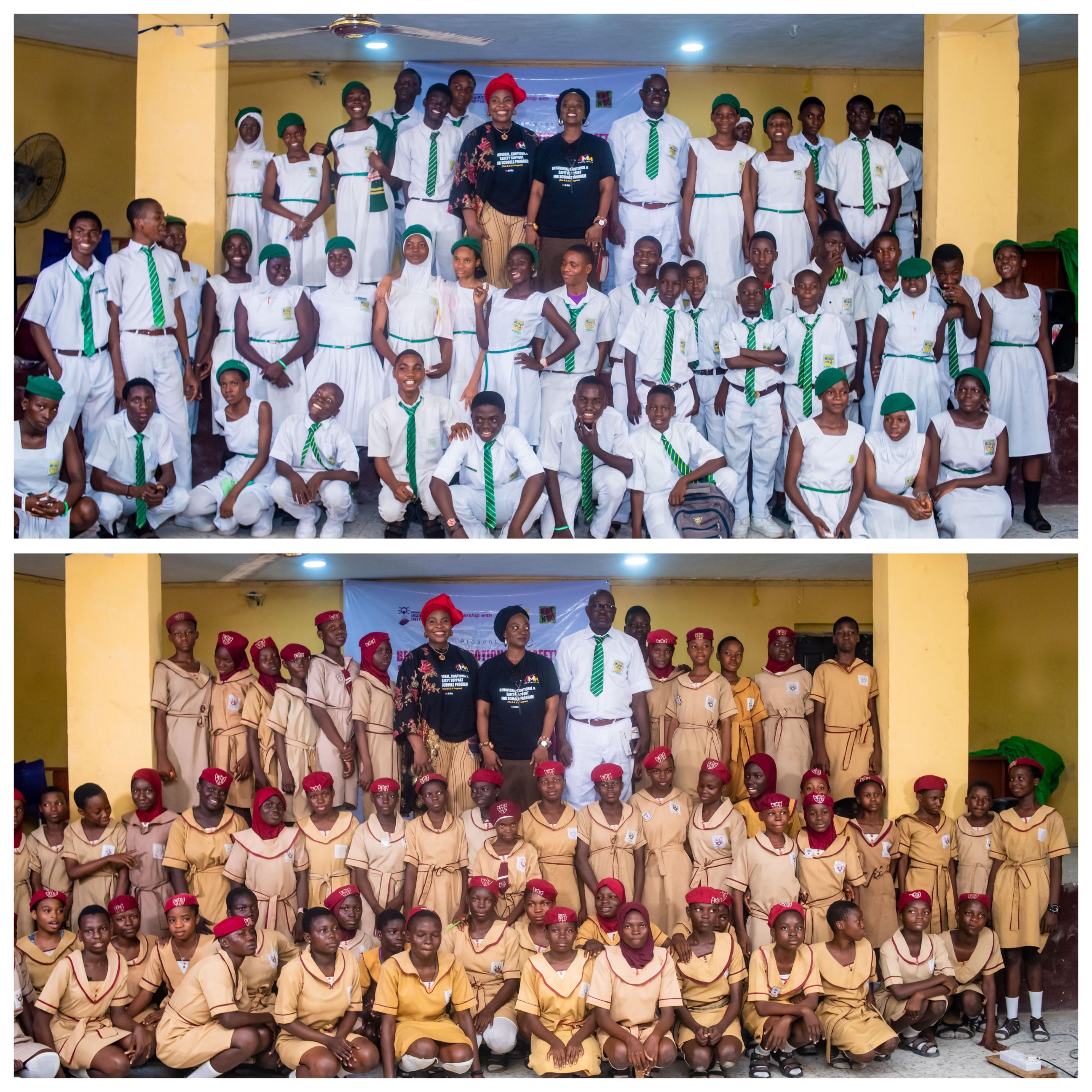
More than 300 secondary school students in Lagos learned about trauma, emotional wellbeing, and resilience on Monday through the Behavioral, Emotional & Safety Support (B.E.S.S.) Program, a school-based initiative aimed at helping young Nigerians navigate mental health challenges.
The program, themed “Trauma: It’s Okay Not To Be Okay,” was organised by The Mental Health Conference (TMHC) and Pinnacle Medical Services under the leadership of Nigeria’s leading neuro-psychiatrist, Dr. Maymunah Yusuf Kadiri.
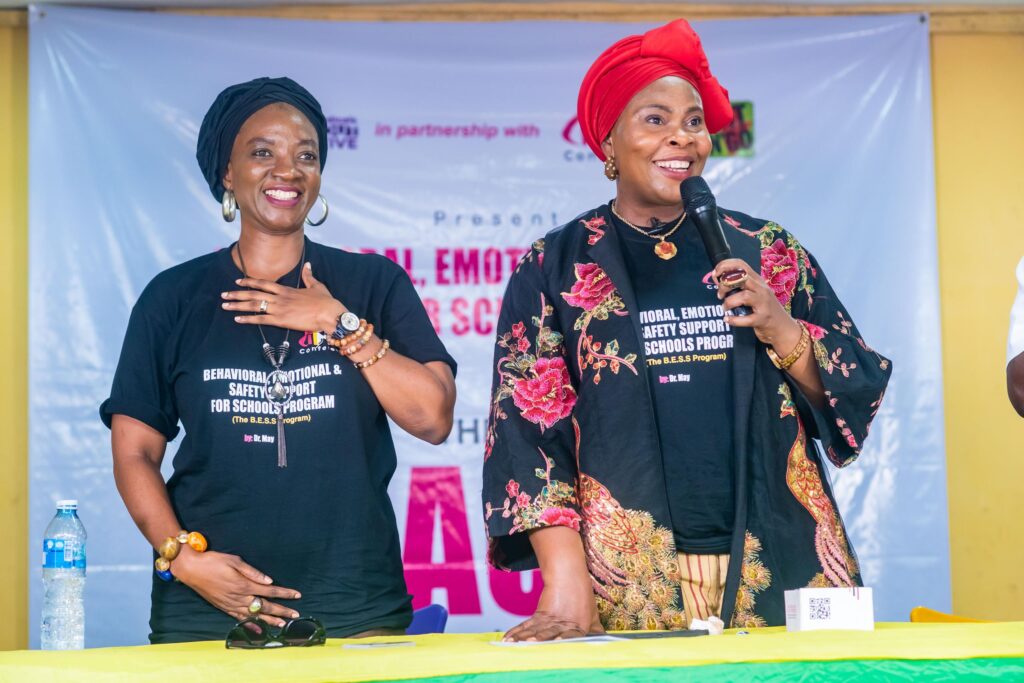
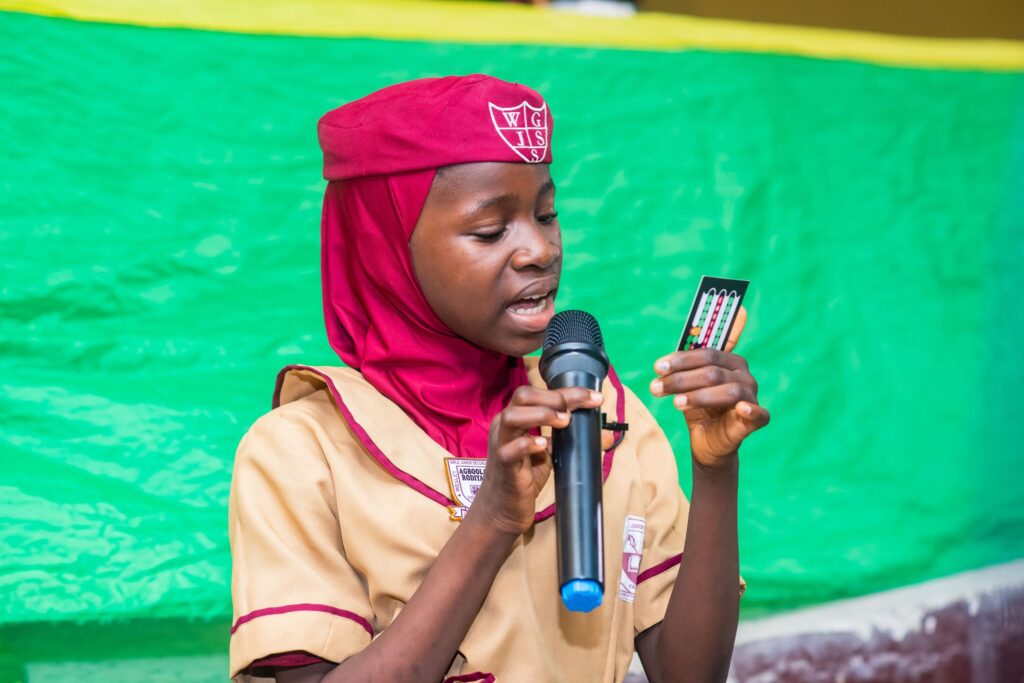
“Our children are growing up in a world where they face academic pressure, bullying, family stress, and even social media anxiety,” said Dr. Kadiri, Consultant Neuro-Psychiatrist and Convener of TMHC. “This program is designed to give them tools to identify their emotions early, ask for help, and build the mental strength to thrive, not just survive.”
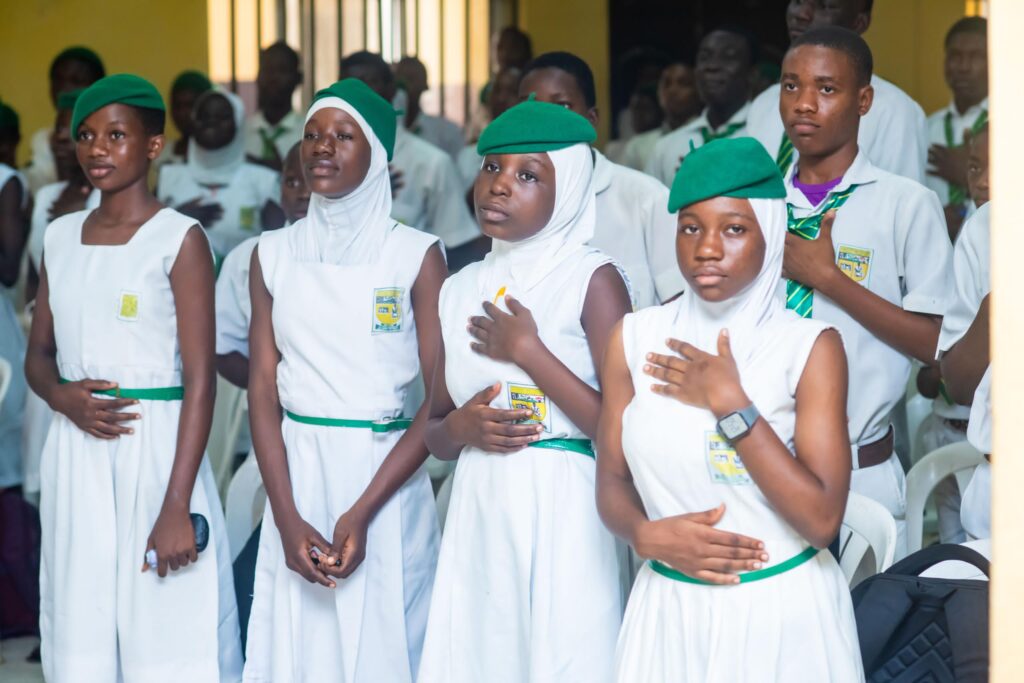
Held at Lagos City College and Wesley College, Yaba, the event used storytelling, laughter, and interactive sessions to help students understand that trauma can manifest in different ways, not only as tears, but also anger, withdrawal, or silence.
For many students, it was their first experience hearing adults openly discuss mental health in accessible terms. “I used to think trauma was only for people who lost someone,” said a 15-year-old participant. “Now I know it can be from pressure or stress too. I learned it’s okay to talk about how I feel.”
Supported by brands including Eat N Go (owners of Cold Stone Creamery, Domino’s Pizza, and Pinkberry Nigeria), Saudat Salam Foundation, and HerLeap Network, the initiative underscored that mental health is a shared social responsibility.
“Corporate Nigeria must see mental health not as CSR, but as an investment in the nation’s future,” Dr. Kadiri added. “When we build emotionally resilient students, we build a stable workforce, safer communities, and a healthier nation.”
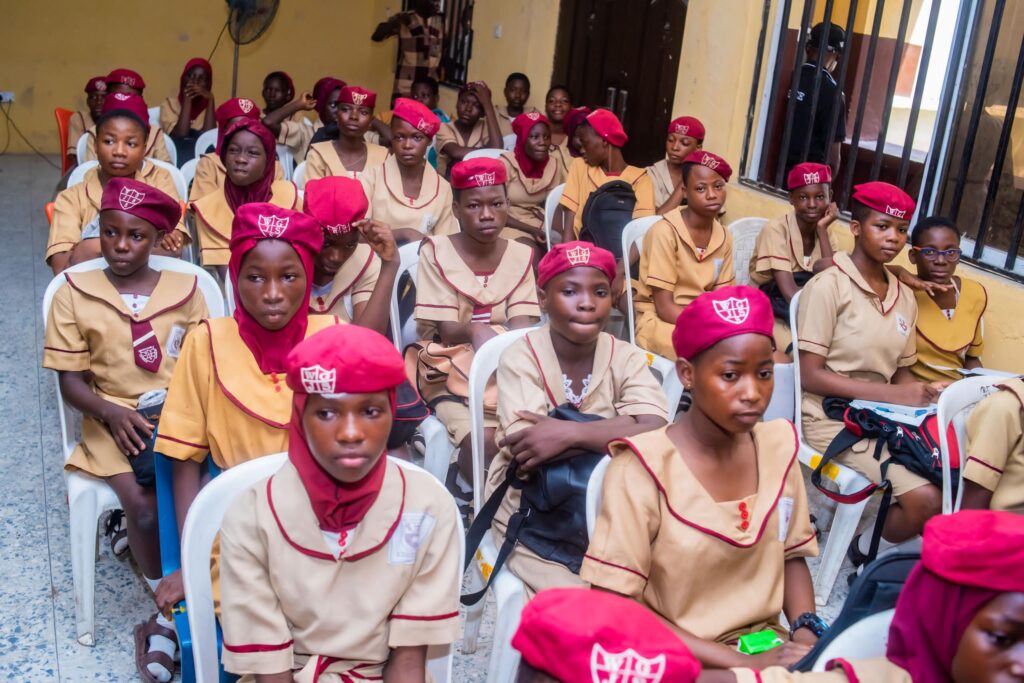
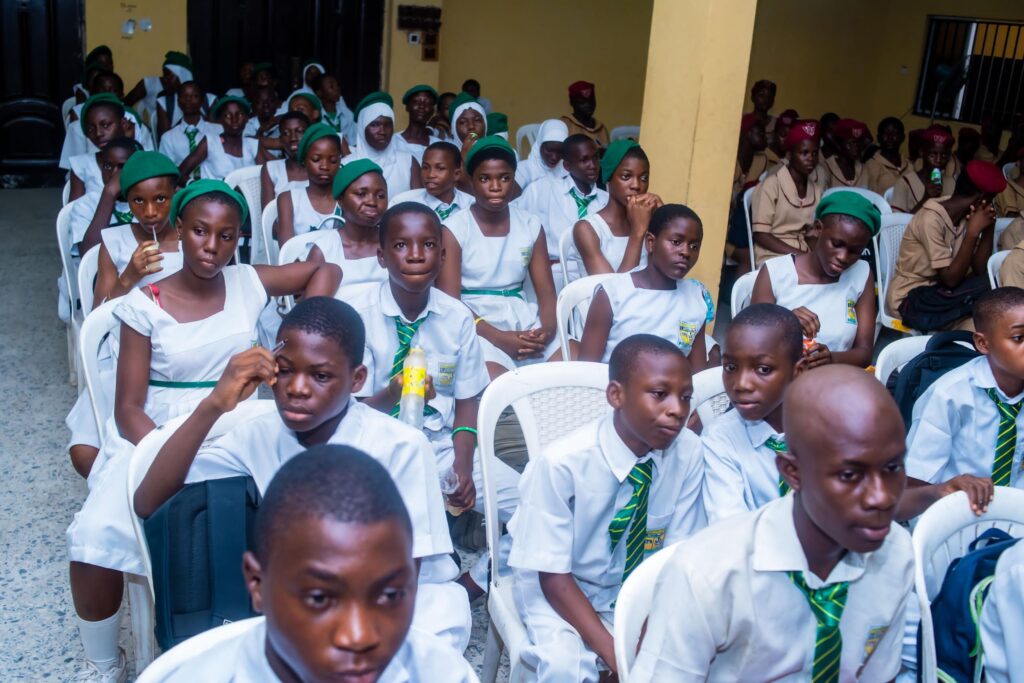
Teachers and counselors were also trained to recognize early warning signs and create psychologically safe classrooms.
The B.E.S.S. Program is part of a national drive to integrate mental health education into Nigerian schools, with a goal to reach 10,000 students in 2026.
“We’ve seen what one session can do, now imagine what one sustained program can achieve,” Dr. Kadiri said. “The future of Nigeria depends on the mental health of its young people.”
